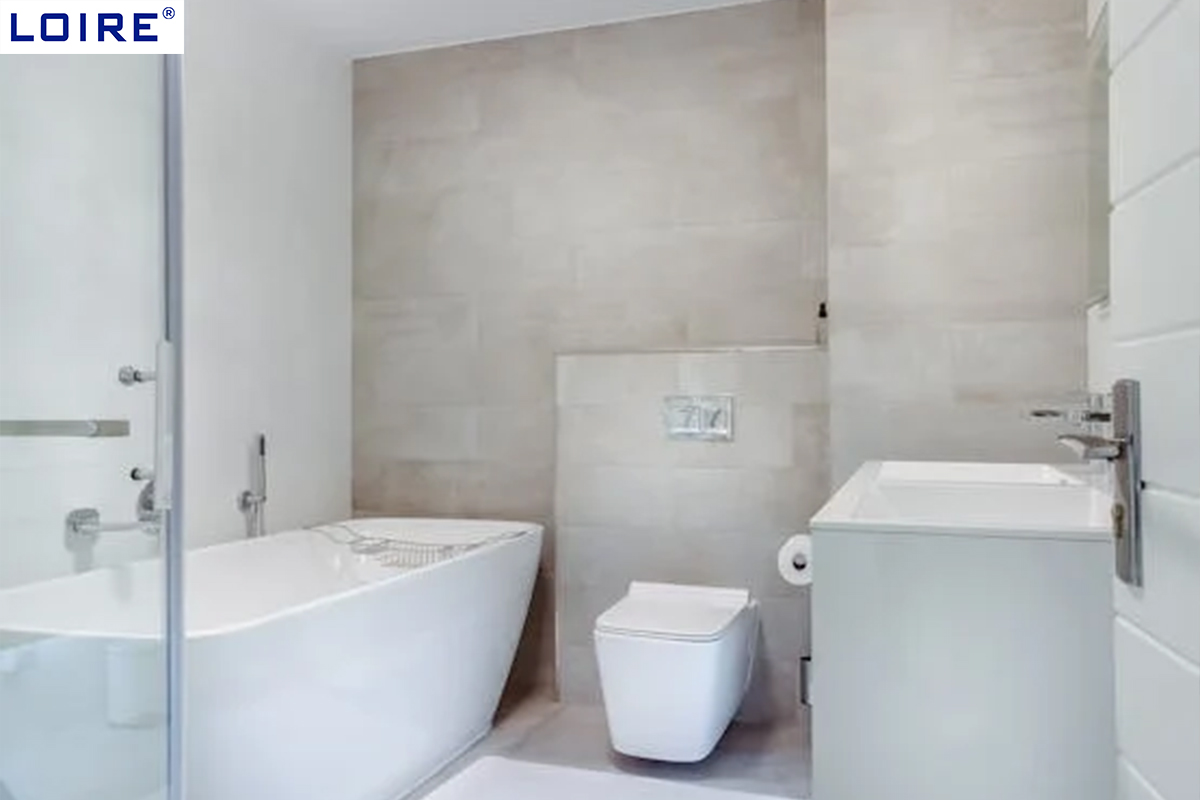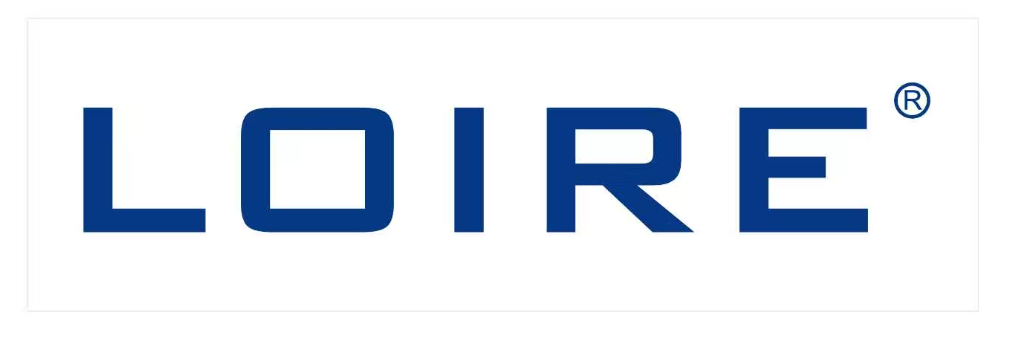Exploring Different Materials for Water Strips in Shower Rooms

Water strips, also known as shower door seals or threshold seals, are essential components in shower rooms, ensuring that water stays within the shower area and preventing leaks. These strips come in various materials, each offering unique benefits in terms of durability, effectiveness, and aesthetic appeal. Here, we explore the most common materials used for water strips in shower rooms.
1. Silicone
Silicone is one of the most popular materials for water strips. Known for its flexibility and durability, silicone strips can easily conform to different shapes and surfaces, providing an excellent seal against water leakage. They are resistant to mold and mildew, making them ideal for the moist environment of a shower room. Additionally, silicone strips are transparent or semi-transparent, which helps them blend seamlessly with various shower designs without disrupting the aesthetic.
2. PVC (Polyvinyl Chloride)
PVC water strips are another common choice due to their affordability and effectiveness. These strips are robust and provide a reliable barrier to prevent water from escaping the shower area. PVC is resistant to chemicals and easy to clean, making maintenance simple. Available in various colors and finishes, PVC strips can complement different bathroom decors, though they might not offer the same flexibility as silicone.
3. Rubber
Rubber water strips are highly effective in sealing and preventing leaks. They are particularly favored for their durability and strong grip on various surfaces. Rubber strips can endure significant wear and tear, making them suitable for high-traffic shower rooms. However, they are usually opaque and might not blend as subtly into the design of the shower area compared to silicone or PVC strips.
4. Magnetic Seals
For glass shower doors, magnetic water strips are an excellent option. These strips contain magnets that ensure a tight seal between the shower door and frame, preventing any water from escaping. Magnetic seals are often paired with other materials like PVC or rubber to enhance their sealing capability. They are perfect for frameless glass doors, providing both functionality and a sleek appearance.
5. Metal Strips
Though less common, metal strips are sometimes used in combination with other materials for added strength and stability. Metals like aluminum are used primarily in the threshold area to prevent water from seeping out. These strips are durable and can withstand heavy use, but they need to be combined with flexible materials to ensure a complete seal.
Choosing the right material for water strips in shower rooms depends on various factors, including the type of shower door, design preferences, and budget. Silicone and PVC are popular for their flexibility and affordability, while rubber offers durability and a strong seal. Magnetic seals provide an elegant solution for glass doors, and metal strips add stability and strength. By understanding the properties of each material, homeowners can make an informed decision that enhances both the functionality and aesthetics of their shower rooms.






